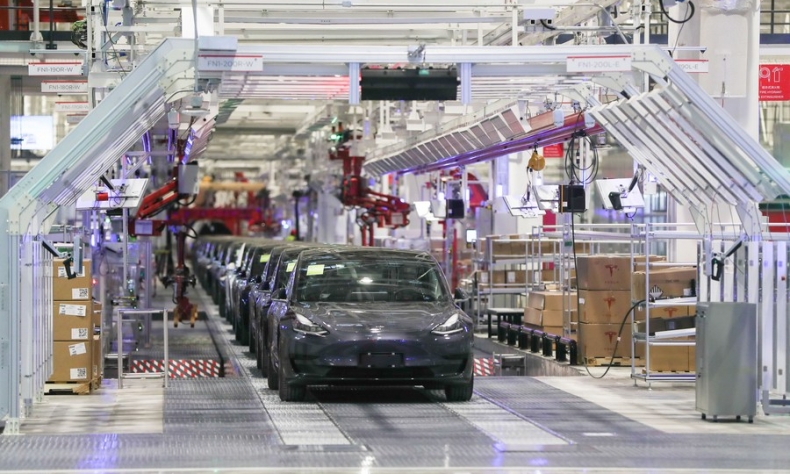China’s Investment Gains Show Its Importance to Global Economy

The claim that U.S.-China prosperity is a zero-sum game of competition where there are winners and losers is misleading.
A new report shows that China, for the first time, overtook the United States in 2020 to become the world’s largest recipient of foreign direct investment (FDI), bringing in over $140 billion.
Although this total has been influenced by differing fortunes under the COVID-19 pandemic, nonetheless, statistics also show that during the previous Trump administration foreign investment into America declined drastically from 2016, dropping from over $400 billion to under $130 billion. Meanwhile, China’s total has been growing year upon year.
This striking contrast reveals a simple message, namely, that China is essential to the global economy, that its stability has won investor confidence, and that Trumpist “America First” protectionism and advocacy of “decoupling” simply does not pay, nor does it achieve realistic results.
Four years of Trump in charge damaged international confidence in the United States. U.S. foreign policy under the new administration should subsequently be governed by pragmatism, playing to American strengths and recognizing that it can prosper alongside China, instead of adopting zero-sum antagonism against it.
The dramatic fall in foreign investment into the United States was brought about partially by a world dogged by shutdowns, uncertainty and a general slowdown in economic activity. However, it is also a product of a lack of confidence in the direction America is taking, and the growing perception of political risks fuelled by protectionist policies and discrimination against foreign companies.
The Trump administration’s attacks on China constituted a part of this. Prior to his presidency, Chinese foreign direct investment into the United States was averaging $46 billion. As of 2019, it had been reduced to $4.6 billion, a product of the White House blocking investments on political grounds and attacking Chinese companies as threats to national security.
However, such American policies known as “decoupling” have not stopped investment from flowing into China itself. The size of the country’s domestic market, and sustained economic growth provides a formula for success to any investor, far outweighing returns which can be delivered by the United States or any other country.
The pandemic has only added to this dynamic. While countries in the West have suffered from repeated economic shutdowns, slumps and social unrest due to an inability to combat the COVID-19, China has been able to offer stability, certainty and growth.
The country’s economy was the sole major one in the world to sustain a positive GDP gain in 2020, with an 8% growth projected for this year. Thus, it is not surprising that China sustained more foreign investment than the United States.
If the United States wants to catch up and compete with China, then a continuation of the current policy path is not the answer. Pushing policies amounting to protectionism, decoupling and economic isolationism will not enhance American competitiveness, but rather will serve to disconnect the United States from the core of the global economy.
To win the game, you have to be in it, and ultimately in a globalized world the only way which common prosperity can be attained is through interdependence. Now, while that does not mean the U.S. and China have to agree on everything, what it does mean is that cooperation and engagement is vital as opposed to confrontation, division and Cold War politics.
America has a choice concerning its future. It can continue on the downward trajectory that Trump has set for it, or it can adjust itself to best fight for its interests and be better involved with the greatest economic shift in the modern era.
The claim that U.S.-China prosperity is a zero-sum game of competition where there are winners and losers is misleading. If America wants to revive its competitiveness, it needs to stop sitting on the sidelines and encouraging others to quit.
 Facebook
Facebook
 Twitter
Twitter
 Linkedin
Linkedin
 Google +
Google +







